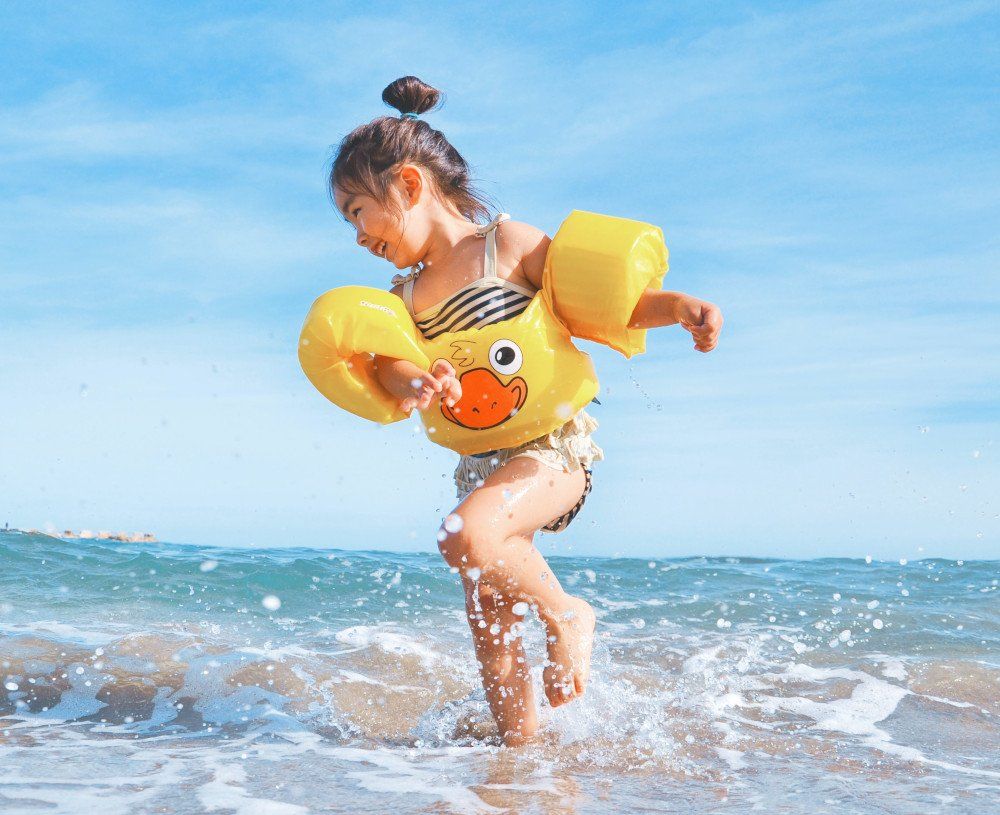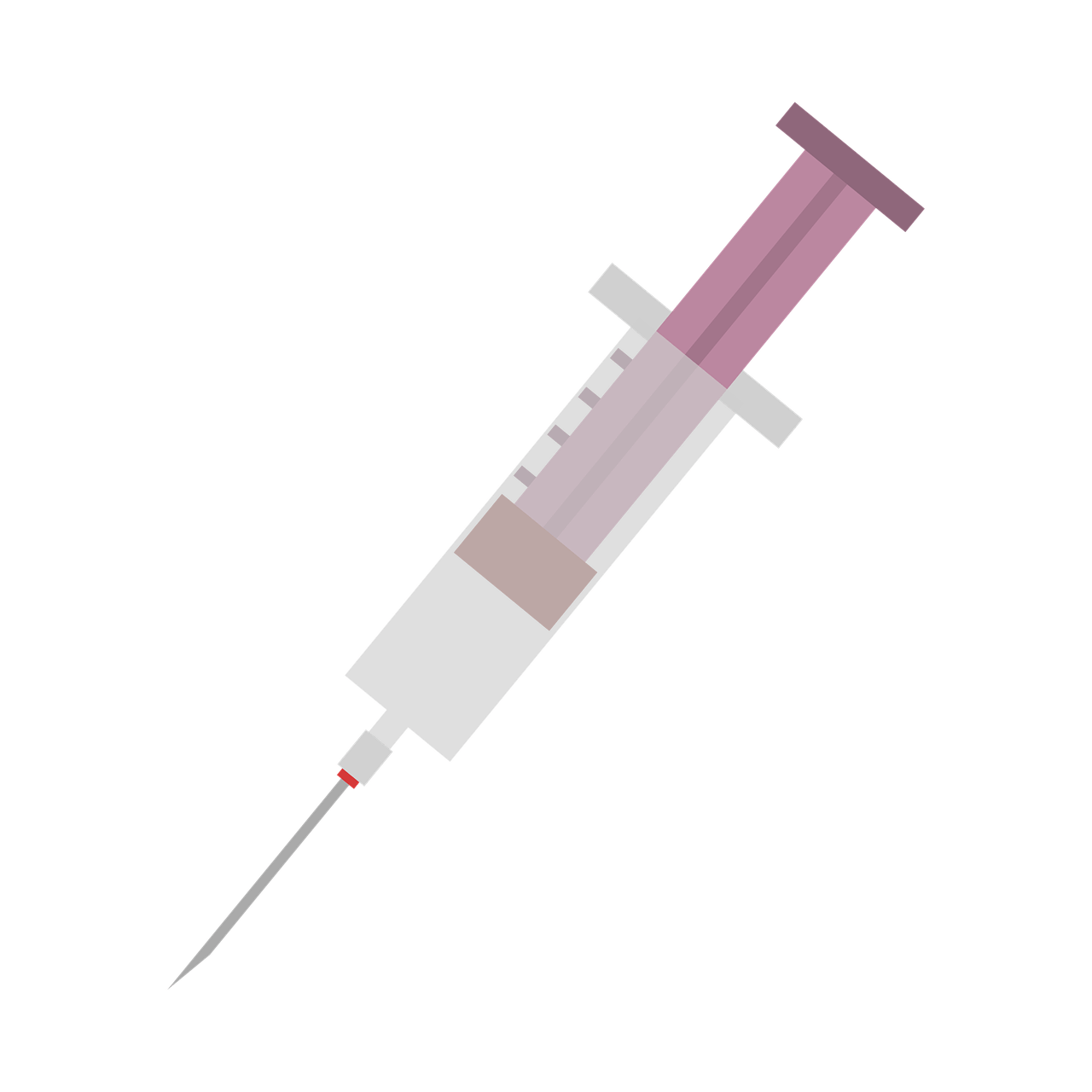Keep your kids safe while enjoying some water fun!
The Children's Clinic of Conway and Greenbrier | News and Discussion

Water Safety
Finding ways to cool off in the hot summer months is a necessity while living in the south. I don’t remember a time growing up that I didn’t spend my summer at the pool. Water activities in lakes are also very popular in our region of the country. Being that water is such a normal part of our summer lives, we all must do our best to practice water safety for our families.
Many families will spend time at the lake or ocean this summer. Swimming in open water is quite different than in a pool. Adults and children should always have someone swimming with them, especially in open water. Younger children should always be kept no more than an arms length away near and in the water. Rip currents in the ocean can be very dangerous and even deadly; so being educated and teaching older children is very important. If caught in a rip current, do not fight it, and swim parallel to the shore. Once you are no longer in the current, you can swim back to safety. Fighting the current will not help you to escape it, and you will tire and be less likely to swim when in safe water. Diving into open water is never safe as you do not know exactly what is under the water.
When boating, law requires that there be a life jacket for each person on the boat. Children 12 years of age and younger are required to wear life jackets securely at all times. Adults should wear theirs too to set a good example and to keep themselves safe if an accident were to occur. Having the appropriate-sized life jacket is also very important.
Probably the most common water source to encounter this summer (and the easiest to access with current gas prices) is swimming pools. Having a pool with small children around can be especially dangerous. While pools can be so much fun, you may need to make some adjustments to help with safety with children around. Keep doors to the outside locked. Door alarms can also be helpful to notify if a door opens. This may catch a child going near water in the backyard. You can also purchase numerous types of safety devices including fences around pools, surface wave alarms in pools, and retractable covers for swimming pools to be activated when not in use. Children should also wear life jackets or flotation swim suits in the pool until they are able to swim on their own.
We had our oldest child in swimming lessons at a young age to teach her the skills to be safe if she were to fall in the pool. Children may be ready for lessons at different ages based on their developmental level – talk to your child’s pediatrician to see if your children would benefit from these lessons. Children, at any age, should never be left alone in or near the pool. A child can drown in as little as ½ inch of water, so even leaving children alone in bathtubs or “kiddie pools” is highly dangerous. Also, inspect surroundings for standing water in buckets or other containers and ditches. Kids under 2-3 years old are "top-heavy", meaning more of their body weight is in their head. If they go head-first into a container of water, they may not be able to get themselves out. Being trained in CPR is a fantastic qualification when caring for children – in water and out.
The water can be so much fun, but also very dangerous. Drowning accidents in the water are a mistake that we cannot reverse. Prepare and educate yourself and your children to ensure the optimal safety for your family and friends.
Katelin Whiddon, NP

ADDRESS
The Children's Clinic | Conway2505 College Ave, Conway, AR
The Children's Clinic | Greenbrier10 Lois Lane, Greenbrier, AR
CLINIC HOURS
The Children's Clinic | Conway
- Mon - Fri
- -
- Saturday
- -
- Sunday
- Closed
The Children's Clinic | Greenbrier
- Mon - Fri
- -
- Sat - Sun
- Closed






